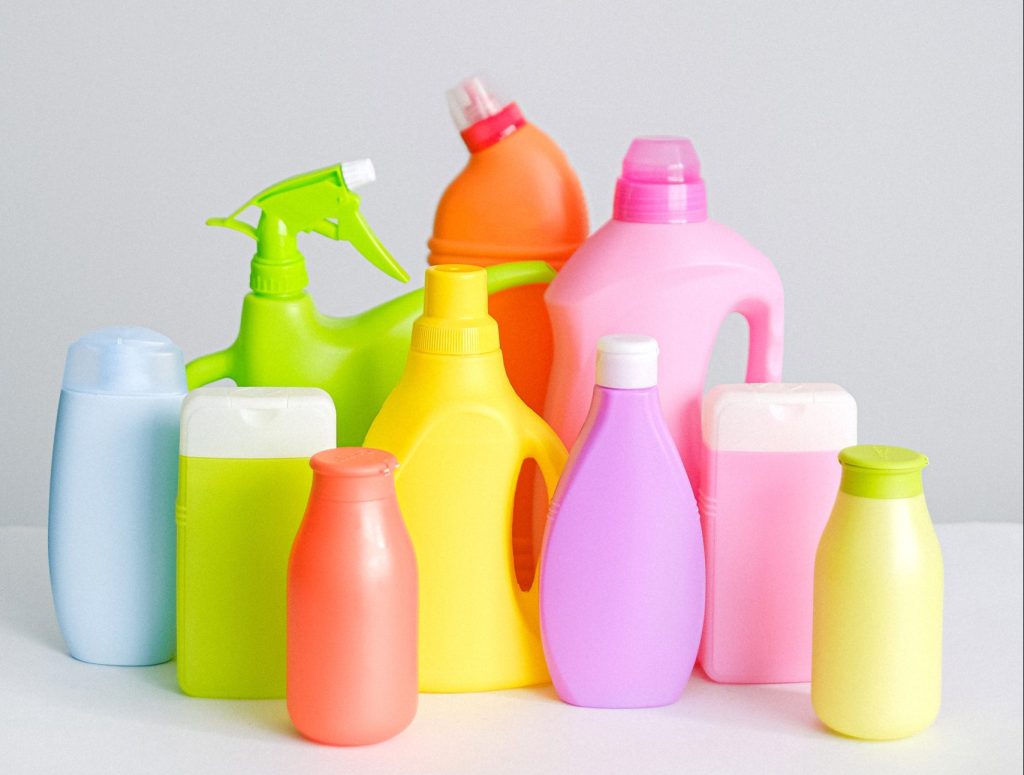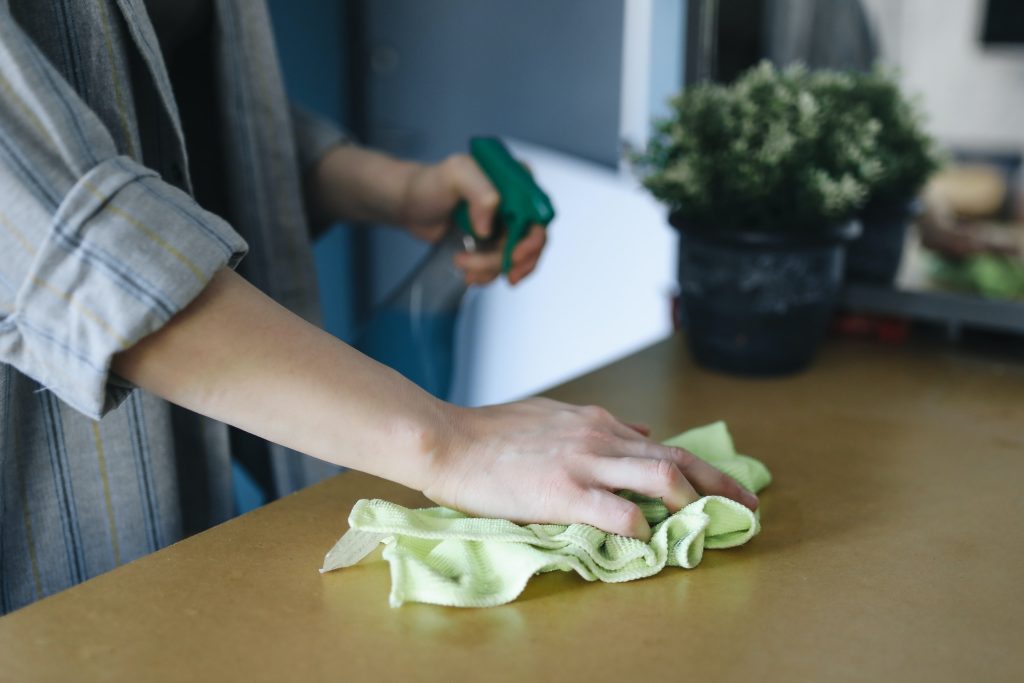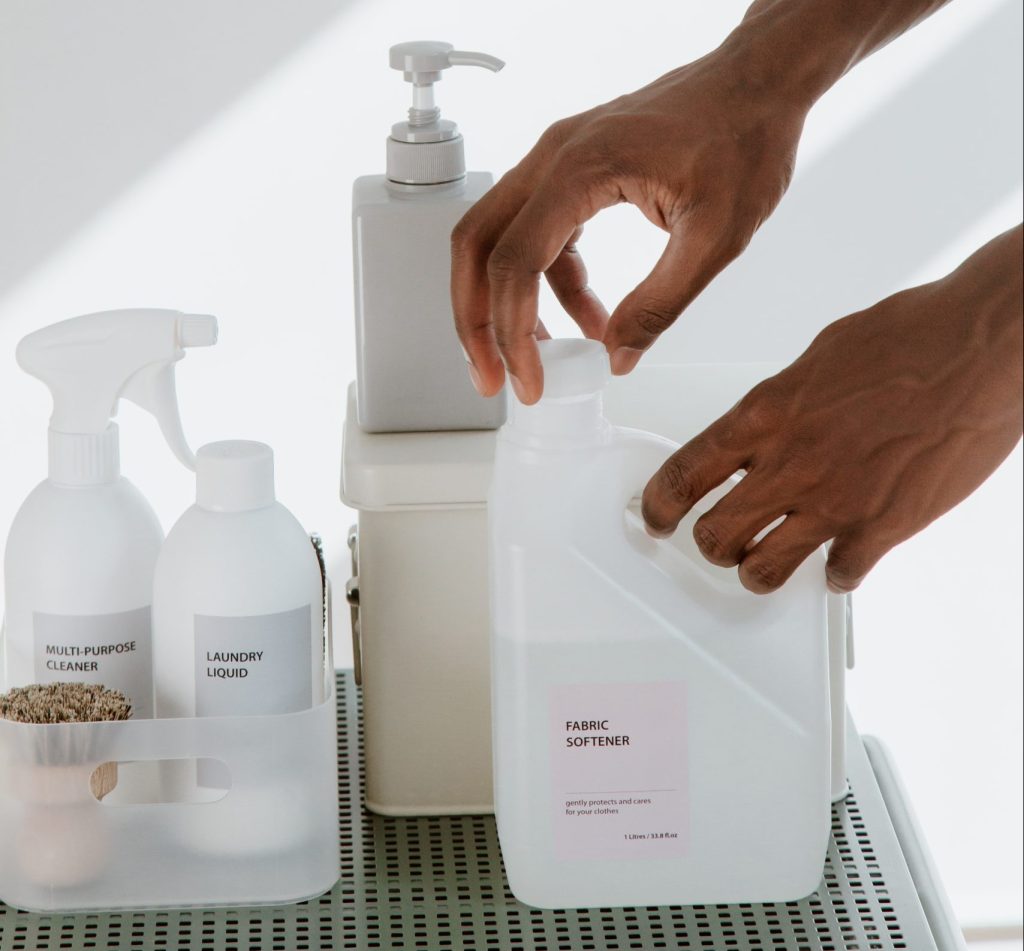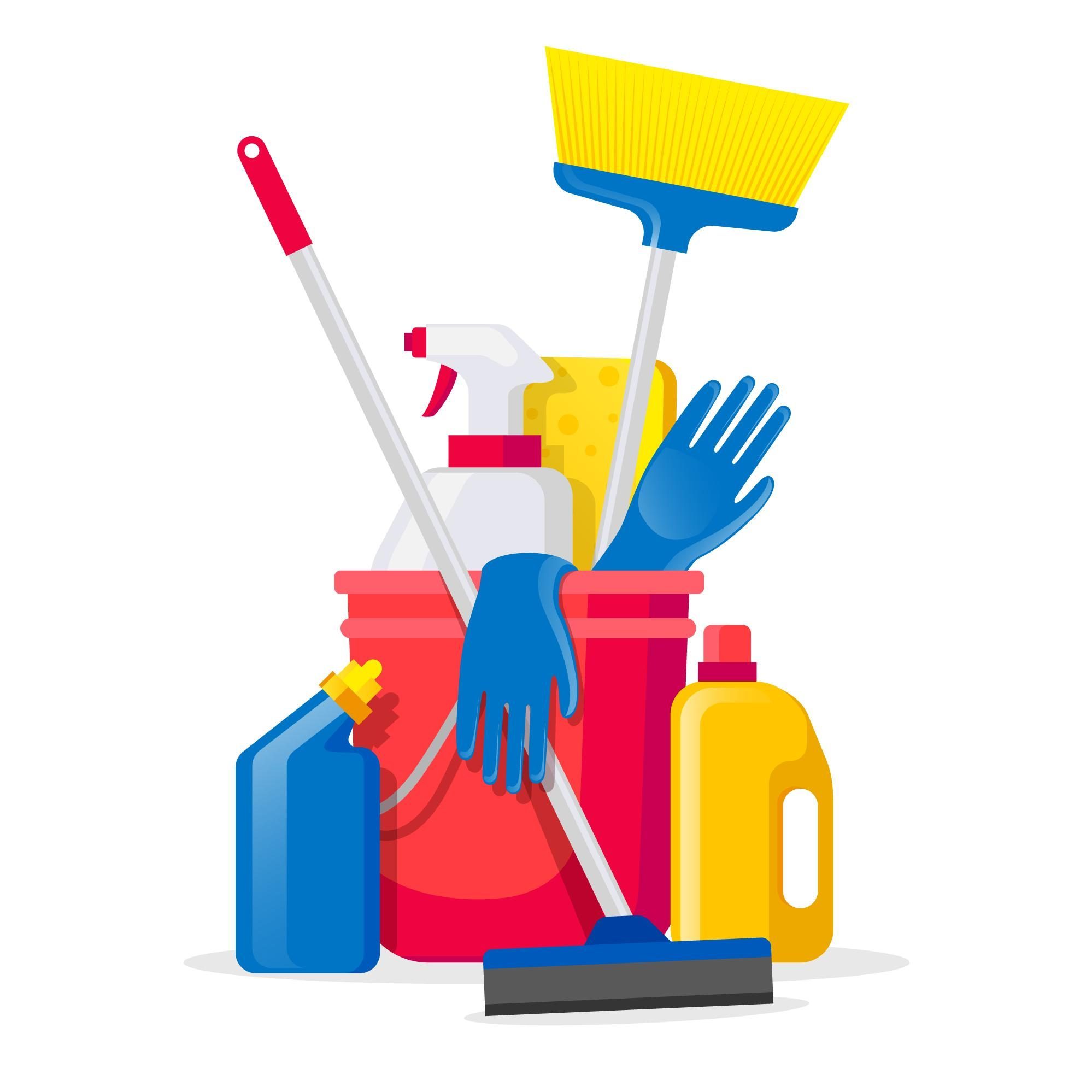Contents
- 1 Kitchen Cleaner: The Ultimate Guide to a Spotless Kitchen
- 1.1 Types of Kitchen Cleaners
- 1.2 Use The Right Kitchen Cleaner
- 1.3 How to Choose the Right Kitchen Cleaner
- 1.4 Things To Consider
- 1.5 Tips for Using Kitchen Cleaners Safely
- 1.6 DIY Kitchen Cleaner Recipes
- 1.7 Conclusion
- 1.8 Ultimately, a clean kitchen is a happy kitchen. By making cleaning a regular part of your routine and using the right tools and techniques, you can enjoy a safe, healthy, and inviting space for cooking and entertaining.
Kitchen Cleaner: The Ultimate Guide to a Spotless Kitchen

Kitchen cleaning is an essential task that should be done regularly to maintain a clean and healthy environment. That is why choosing the right kitchen cleaner is important. A clean kitchen is not only important for hygiene reasons, but it also helps to keep pests away and prolong the lifespan of kitchen appliances. Kitchen cleaners are products designed to help clean and disinfect surfaces in the kitchen. Removing dirt, grease, and stains. There are many types of kitchen cleaners available on the market, each with their own unique features and benefits.
One popular type of kitchen cleaner is the all-purpose cleaner. It is designed to clean multiple surfaces in the kitchen. All-purpose cleaners are versatile and can be used on countertops, sinks, stovetops, and more. They are often formulated to be tough on grease and grime. Making them ideal for cleaning up after cooking. Some all-purpose cleaners are also designed to be eco-friendly. Using natural ingredients that are safe for both people and the environment.
Another type of kitchen cleaner is the stone cleaner, which is designed specifically for use on natural stone surfaces such as granite and marble. Stone cleaners are formulated to be gentle on delicate surfaces, while still effectively removing dirt and stains. They are often pH-neutral, which means they won’t damage the surface of the stone. Stone cleaners are an essential tool for anyone with natural stone surfaces in their kitchen, as using the wrong cleaner can cause permanent damage.
Types of Kitchen Cleaners

There are many different types of kitchen cleaners available on the market today. Each type of cleaner has its own unique set of benefits and uses. Here are some of the most common types of kitchen cleaners:
- Degreasers: These cleaners are designed to remove grease and grime from surfaces in your kitchen. They are typically made with powerful solvents that break down grease and oil. Degreasers are ideal for cleaning stovetops, ovens, and other surfaces that are prone to grease build up.
- Disinfectants: Disinfectants are designed to kill bacteria and other germs on surfaces. They are typically used in areas where food is prepared and stored, such as countertops and cutting boards. Disinfectants come in a variety of forms, including sprays, wipes, and concentrated solutions.
- Abrasive Cleaners: These cleaners are designed to remove tough stains and grime from surfaces. They contain abrasive particles that help scrub away dirt and grime. Abrasive cleaners are ideal for cleaning sinks, countertops, and other surfaces that are prone to stains.
- Natural Cleaners: Natural cleaners are made with all-natural ingredients and are free from harsh chemicals. They are typically safe for use on all surfaces in your kitchen and are ideal for those who prefer eco-friendly cleaning products.
Use The Right Kitchen Cleaner
It is important to choose the right type of cleaner for the surface you are cleaning. For example, abrasive cleaners should not be used on delicate surfaces like marble or granite, as they can scratch the surface. Disinfectants should be used on surfaces that come into contact with food, but should not be used on surfaces that are porous, as they can leave behind harmful residues.
When selecting a kitchen cleaner, it is also important to consider the ingredients. Many commercial cleaners contain harsh chemicals that can be harmful to your health and the environment. Natural cleaners are a great alternative, as they are typically made with ingredients like vinegar, baking soda, and essential oils.
How to Choose the Right Kitchen Cleaner
When it comes to choosing the right kitchen cleaner, there are a few things to consider. The type of cleaner you choose will depend on the type of surface you are cleaning, the type of dirt or grime you are trying to remove, and your personal preferences. Here are some tips to help you choose the right kitchen cleaner:
Things To Consider
- Consider the surface: Different surfaces require different types of cleaners. For example, you wouldn’t want to use a harsh abrasive cleaner on a delicate surface like marble. Be sure to read the label and choose a cleaner that is safe for the surface you are cleaning.
- Think about the type of dirt or grime: If you are trying to remove tough grease or baked-on food, you may need a heavy-duty cleaner. If you are just doing a quick wipe-down, a mild all-purpose cleaner may be all you need. Look for a cleaner that is specifically designed to target the type of dirt or grime you are trying to remove.
- Consider your personal preferences: Some people prefer natural or eco-friendly cleaners, while others prefer powerful chemical cleaners. Consider what is important to you when choosing a cleaner.
- Choose the right pH: The pH of a cleaner can affect its effectiveness on certain types of dirt and grime. For example, acidic cleaners are good for removing mineral deposits, while alkaline cleaners are good for removing grease and oil. Be sure to choose a cleaner with the right pH for the job.
- Read reviews: Before purchasing a cleaner, be sure to read reviews from other customers. This can give you an idea of how well the cleaner works and whether it is worth the investment.
By considering these factors, you can choose the right kitchen cleaner for your needs. Remember to always read the label and follow the instructions carefully to ensure the best results.
Tips for Using Kitchen Cleaners Safely

Keeping your kitchen clean is essential for maintaining a healthy living environment. However, it’s important to use kitchen cleaners safely to avoid any accidents. Here are some tips to keep in mind:
- Always read the instructions on the label before using any kitchen cleaner. Make sure you understand the directions and any safety precautions.
- Wear gloves and protective eyewear when using kitchen cleaners to avoid skin and eye irritation.
- Ensure proper ventilation by opening windows or turning on exhaust fans when using kitchen cleaners.
- Never mix different types of cleaners together. Mixing certain cleaners can produce toxic fumes that can be harmful if inhaled.
- Store kitchen cleaners in a safe place, away from children and pets. Keep them in their original containers with labels intact.
Additionally, it’s important to use the right cleaner for the job. For example, using an abrasive cleaner on a delicate surface can cause damage. Always check the label to see if the cleaner is safe for the surface you intend to use it on.
Lastly, it’s important to properly dispose of kitchen cleaners. Don’t pour them down the drain or throw them in the trash. Check with your local waste management facility for proper disposal methods.
DIY Kitchen Cleaner Recipes

There are many different DIY kitchen cleaner recipes that you can make at home. These recipes are often made with natural ingredients and can be just as effective as store-bought cleaners. Here are a few recipes to try:
All-Purpose Kitchen Cleaner
This all-purpose cleaner can be used to clean countertops, stovetops, and other surfaces in your kitchen. Here’s how to make it:
| Ingredients | Directions |
|---|---|
| 1 cup water | Mix all ingredients together in a spray bottle. |
| 1 cup vinegar | |
| 10 drops of essential oil (such as lemon or lavender) |
Glass Cleaner
This recipe is great for cleaning windows, mirrors, and other glass surfaces in your kitchen. Here’s how to make it:
- 1 cup water
- 1/4 cup vinegar
- 1/4 cup rubbing alcohol
- 1 tablespoon cornstarch
Mix all ingredients together in a spray bottle and shake well before using.
Oven Cleaner
If your oven needs a deep clean, this recipe can help. Here’s how to make it:
- 1/2 cup baking soda
- 1/4 cup salt
- 1/4 cup water
Mix all ingredients together to form a paste. Apply the paste to the inside of your oven and let it sit for several hours (or overnight). Now wipe away the paste with a damp cloth.
Remember, always test your DIY kitchen cleaner on a small, inconspicuous area before using it on a larger surface. And never mix different cleaning products together, as this can create dangerous chemical reactions.
Conclusion
Keeping your kitchen clean is essential for maintaining a safe and healthy environment. Regular cleaning and disinfection of surfaces can prevent the spread of harmful bacteria and viruses, which can cause foodborne illnesses. Additionally, a clean kitchen can help you feel more comfortable and confident when entertaining guests.
Visual motivation can be a helpful tool in encouraging regular cleaning habits. Selecting materials where soil and dirt can easily be detected visually on kitchen surfaces may motivate consumers to clean more frequently.
When it comes to cleaning your kitchen, it’s important to use the right tools and techniques. Disinfectant sprays and wipes are effective for killing germs on surfaces. Hot water and soap can help remove dirt and grime. Remember to clean appliances like your oven and refrigerator regularly. Don’t forget to clean areas that are often overlooked. For example the inside of your microwave and the top of your refrigerator.
